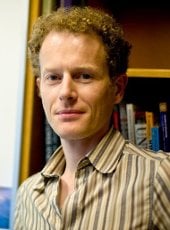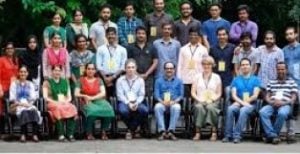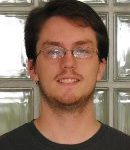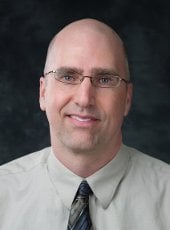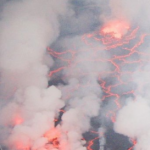 Pengfei Xue (CEE/GLRC) is the principal investigator on a project that has received a $109,790 research and development cooperative agreement with the University of Michigan.
Pengfei Xue (CEE/GLRC) is the principal investigator on a project that has received a $109,790 research and development cooperative agreement with the University of Michigan.
The project is entitled, “The Cooperative Institute for Great Lakes Research (CIGLR): Long-Term Data Assimilative, Temperature and Currents Database for the Great Lakes (Year 2: Lake Michigan).
This is a one year project.

